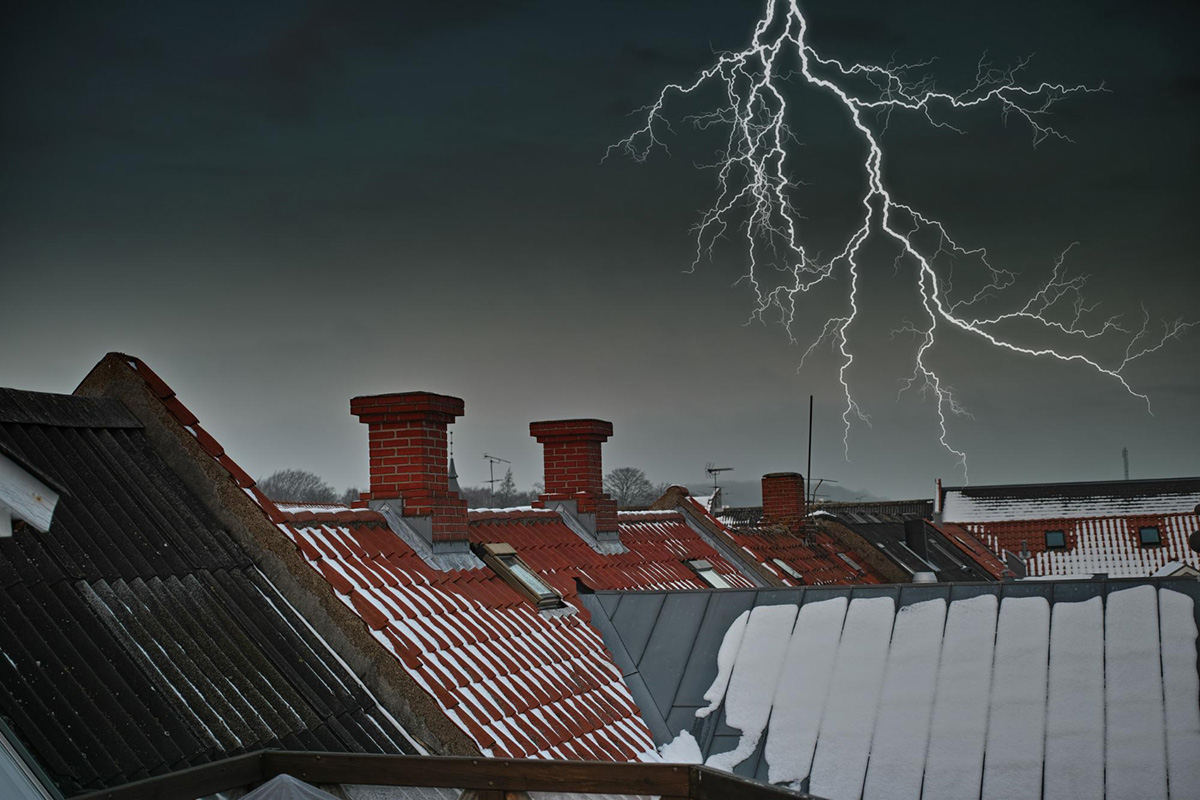
Natural disasters can strike when least expected, causing property damage in their wake. One moment, you're enjoying the sunny weather, and the next, you're left counting the losses from a storm. At such moments, it's essential to stay calm and take stock of the situation. Assessing the damages after a storm helps you know the extent of the damage and take appropriate action to rectify the situation. If you're stuck and don't know where to start, this comprehensive guide will walk you through essential tips for assessing property damage after a storm.
Before you start assessing the damages, prioritize your safety and that of your loved ones. Check for electrical hazards, wet floors, and other potential hazards that may cause injury. Once you're confident that you're safe, start the assessment of the damages.
The roof is the most vulnerable part of a building when a storm strikes. Check for missing shingles, puncture holes, and other visible damages on the roof. Look for water stains on the ceiling, which may indicate roof leaks. Examine the chimney and other roof penetrations that may be damaged. You may need a professional to evaluate the roof's condition if you're not confident with your assessment.
The exterior walls are also subject to damage during a storm. Check for cracks on the walls, broken windows, and other visible damages. Check for any unstable walls or leaning structures that may cause more damage in the future. Ensure that the garage door is also functioning correctly, as it may also sustain damage during a storm.
Rainwater may find its way inside your home, causing water damage that may go unnoticed for some time. Check for wet spots, water stains, and peeling paint on the walls; these indicate water damage. Also, examine the flooring and the carpet for any water damage. If you have a basement or a crawl space, check them for water, as they are more susceptible to flooding.
Storms may also damage electrical and plumbing systems, posing a significant risk to life and property. Check for electrical damages, such as downed power lines, electrical shorts, and other visible electrical problems. Examine the plumbing system for leaks, broken pipes, or blocked drains.
In conclusion, assessing property damage after a storm is crucial to prevent further damage and safeguard your home and family. Always prioritize safety first before assessing the damages. Check the roof, exterior walls, and water damage, and ensure the electrical and plumbing systems are in good condition. If you're not confident with your assessment, seek professional help from a public claims adjuster like Ultra Property Damage in Orlando. With the right information and expert help, you can restore your property to its pre-storm condition.